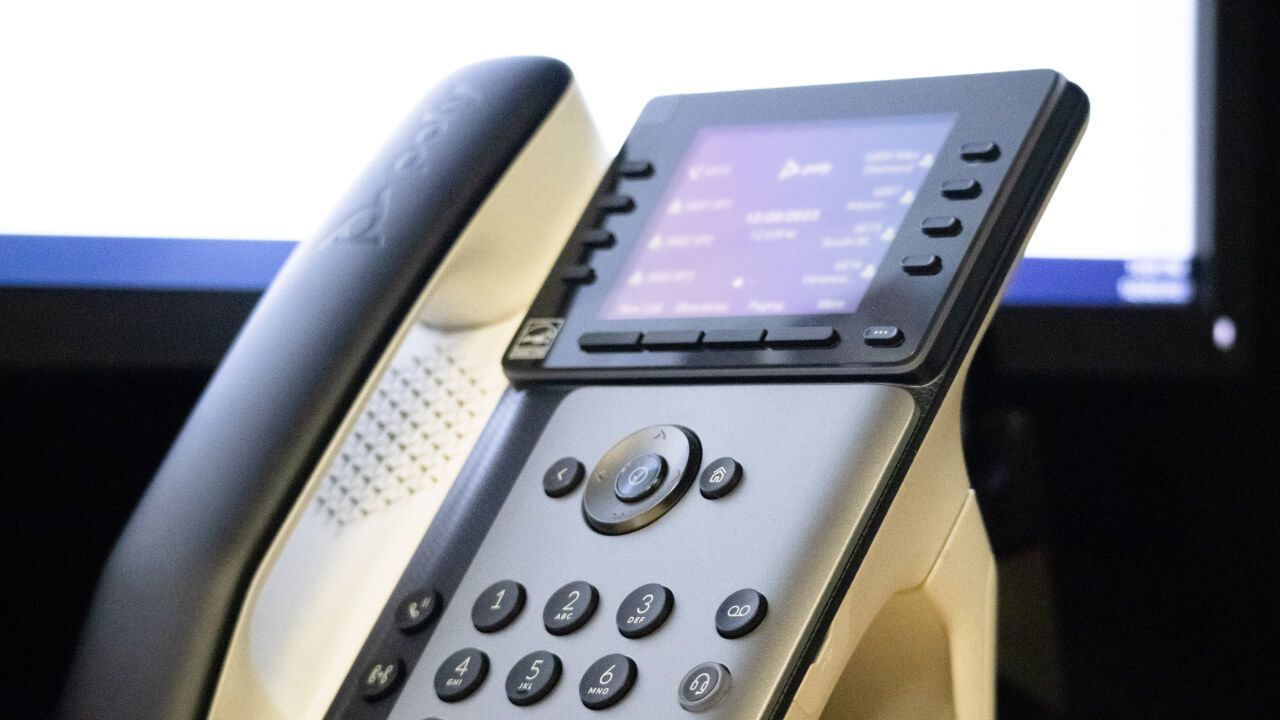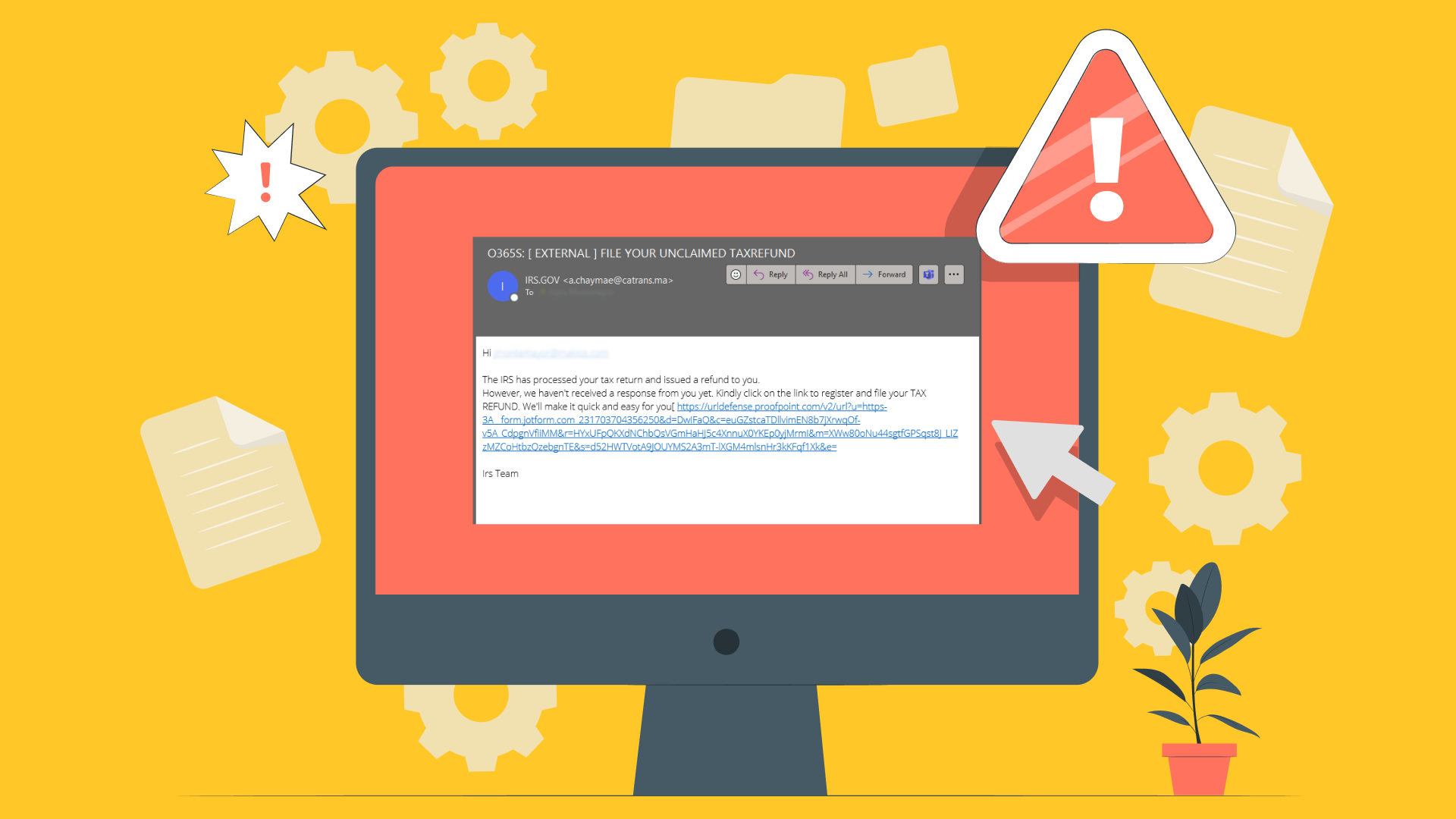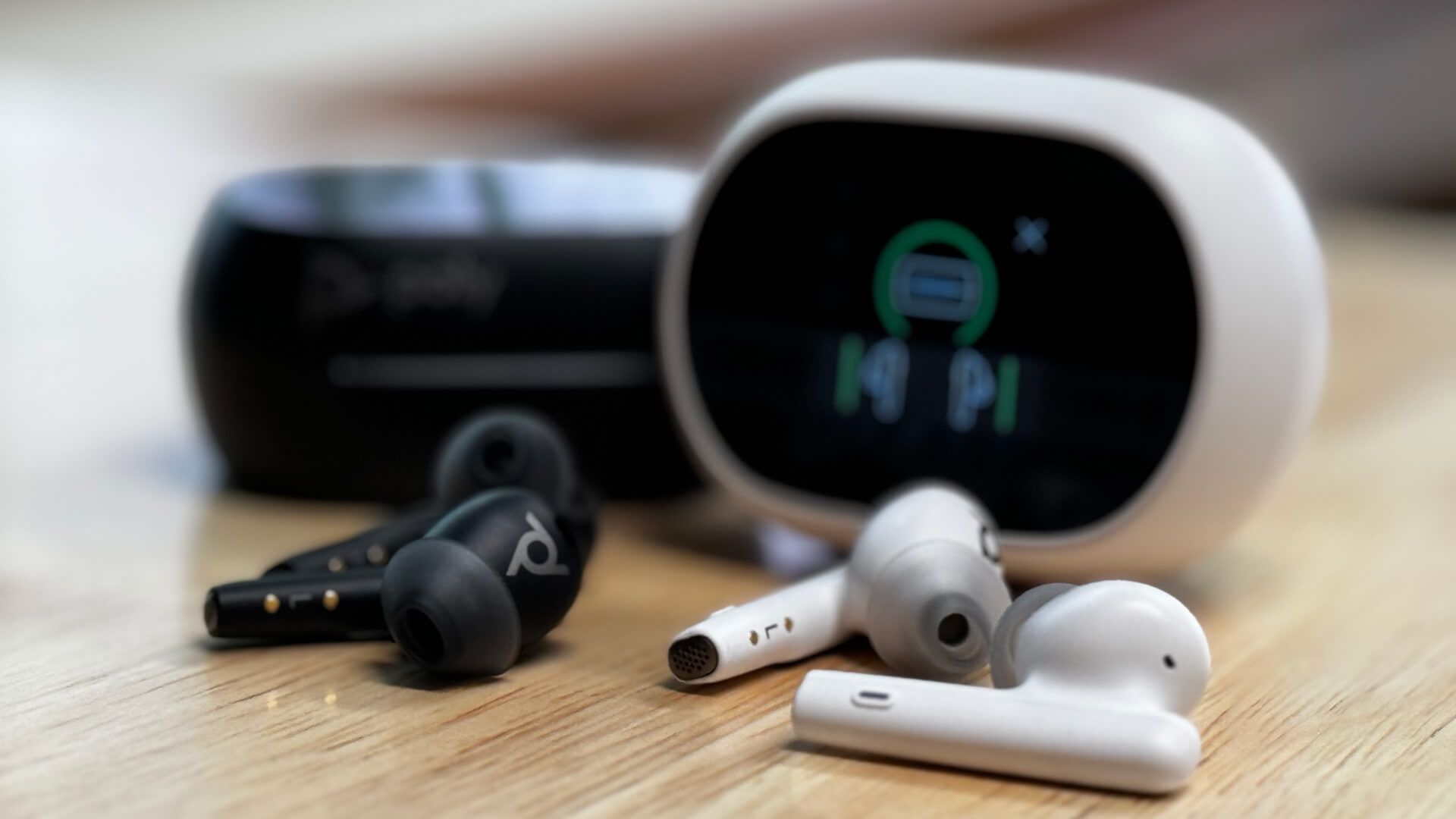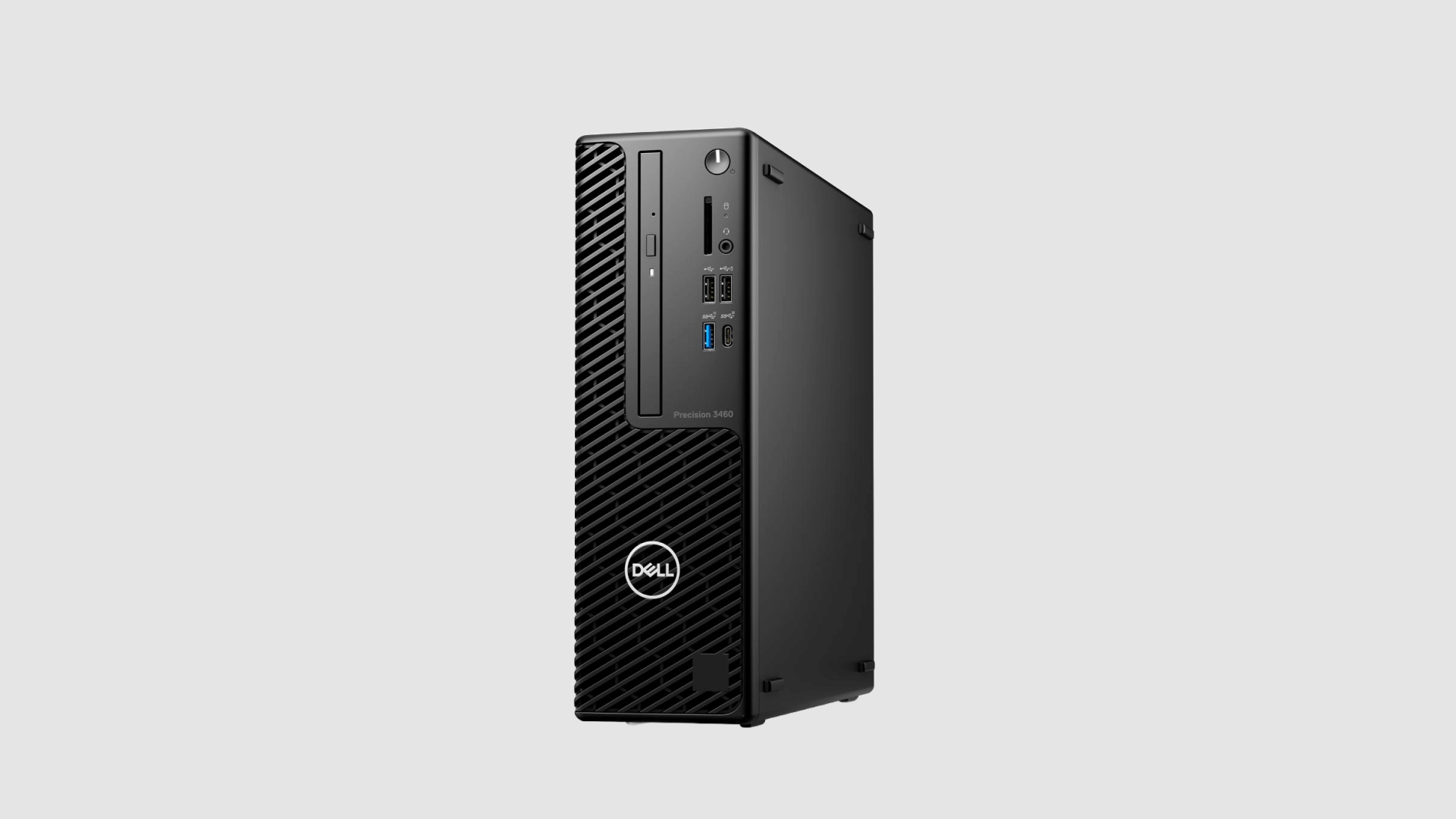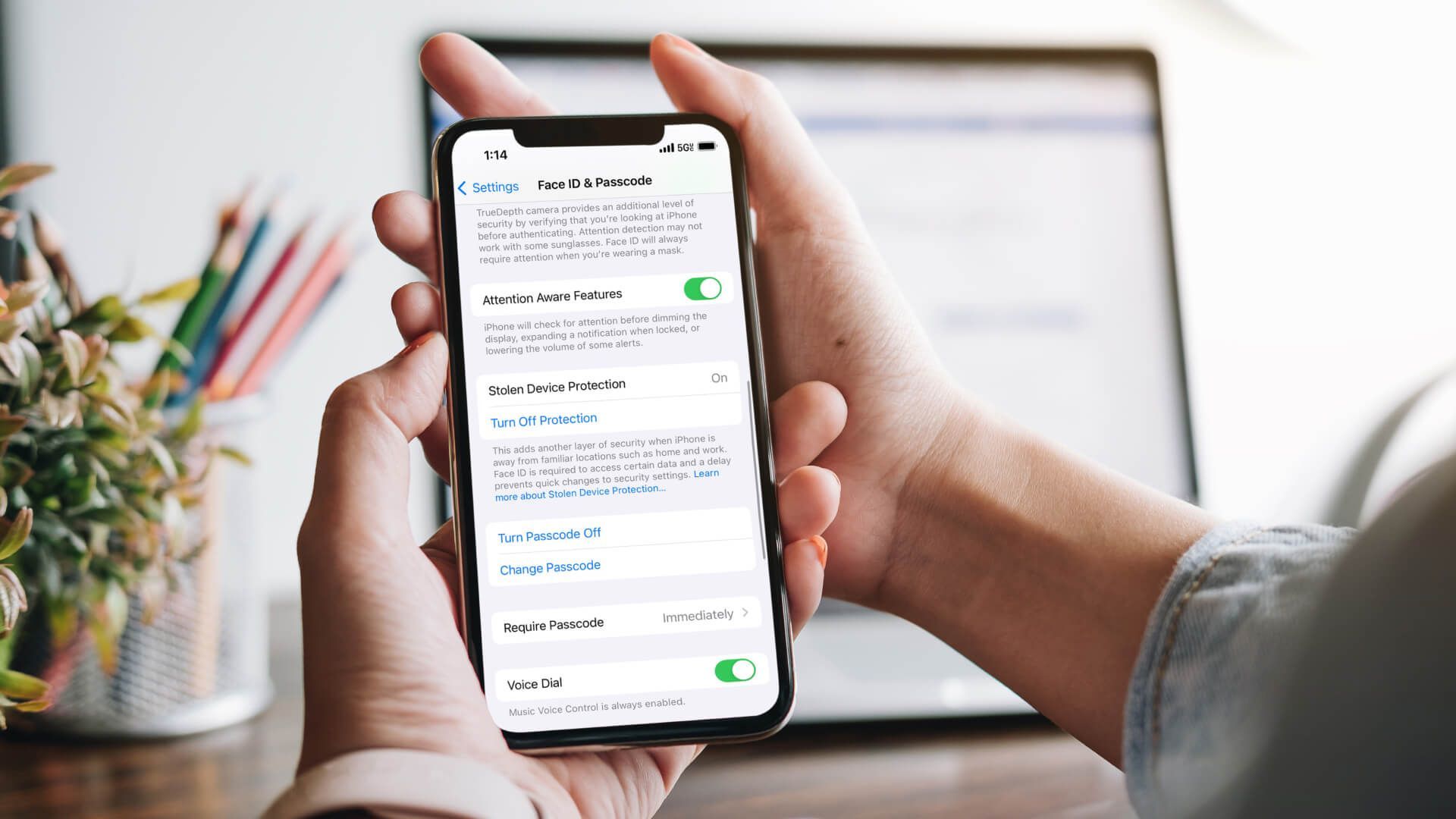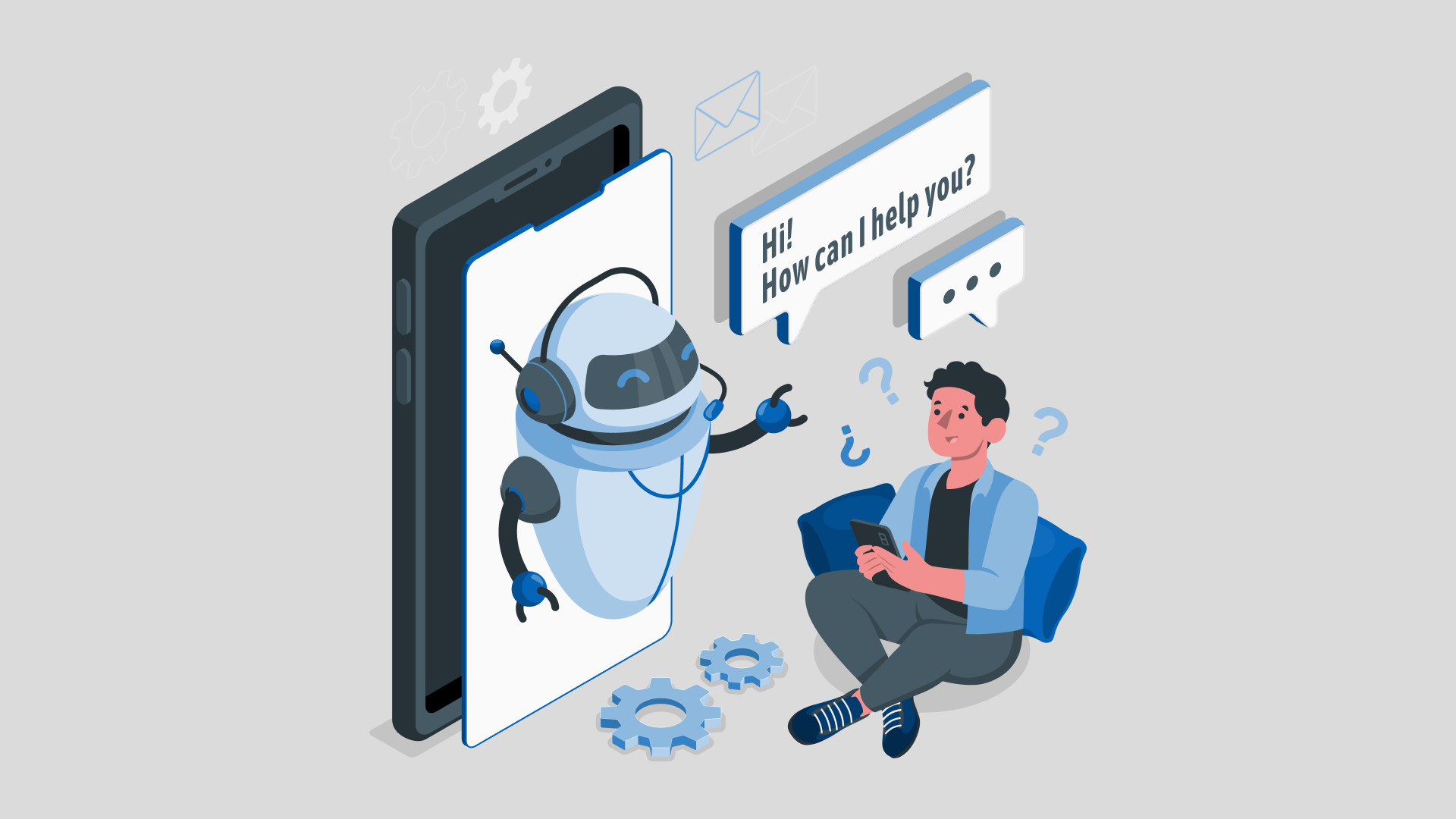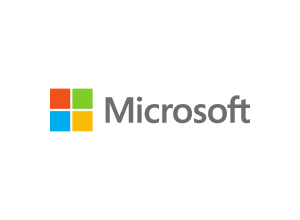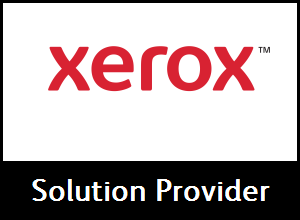Portals El Paso, TX (915) 217-2500 | Grapevine, TX (817) 752-9400
VoIP and SIP: Your Basic Guide to Modern Communication
VoIP and SIP: Your Basic Guide to Modern Communication
The way we communicate has transformed dramatically over the last few decades. Gone are the days of relying solely on traditional phone lines.
We're in the era of digital communication, where terms like Voice over Internet Protocol (VoIP) and Session Initiation Protocol (SIP) are becoming more common.
But what do these terms mean and how do they change the way we talk to each other? This guide will take you through the basics of VoIP and SIP, helping you understand these technologies and how they differ.
What is VoIP?
VoIP, or Voice over Internet Protocol, is like a modern magician of communication. Instead of sending your voice over traditional phone lines, it transforms your voice into digital signals that travel over the internet.
Think of it like this – when you speak into a VoIP phone, your voice is like a letter that gets turned into an email and then sent over the internet to its destination.
VoIP much more versatile than simply talking on the phone. You can use it for voice calls, video calls, sending messages, and even faxing documents, all through the internet. It's like having a multi-tool for communication in your pocket or on your desk.
One of the coolest things about VoIP is that it breaks down the barriers of distance and cost. Remember long-distance charges on traditional phone calls? VoIP tosses those out the window.
As long as you have an internet connection, you can connect with people around the globe. Often at a lower cost than traditional phone services.
VoIP is widely used today, not just in big companies but also for personal use. Services like Skype and WhatsApp use VoIP technology to let you chat with friends and family, share files, and see each other face-to-face. Even if you're oceans apart.
VoIP is a powerful tool in our digital communication toolkit. It's changing not just how we talk to each other but also what we can do while we're talking.
What are SIP Phones?
Let's now turn our focus to SIP Phones, a key player in the world of modern communication. SIP stands for Session Initiation Protocol. SIP phones use this protocol to manage multimedia communication sessions such as voice and video calls over the Internet.
Think of SIP as a set of rules that helps your devices (like phones or computers) talk to each other smoothly over the internet.
When you use a SIP phone, you're using the Internet to make and receive calls, much like VoIP. But the twist is that SIP is more about the 'how' of the communication process. It's responsible for setting up, managing, and ending the calls.
It's like having a smart assistant who arranges your meetings, invites everyone, and then lets you know when it's time to leave.
A big plus of SIP phones is their flexibility. They can easily handle changes in your call, like switching from a voice call to a video call or adding more people to the conversation. This makes SIP phones great for businesses that need to host virtual meetings or conferences.
Differences Between VoIP and SIP Phones
Understanding the differences between VoIP and SIP can be a bit like comparing apples and oranges. They’re related but different in key ways.
Here's a breakdown to make it clearer:
Functionality
VoIP is a broad term that covers any phone calls made over the internet, including those using SIP. SIP, on the other hand, is a specific protocol used to initiate, maintain, and end VoIP calls.
In simpler terms, all SIP calls are VoIP, but not all VoIP calls use SIP.
Technology Used
VoIP is a general technology that converts voice into digital signals to be sent over the internet. SIP is part of this technology but it focuses more on the initiation and management of these calls. It's like VoIP is the whole toolbox and SIP is a specialized tool in that box.
Capabilities
VoIP offers a wide range of communication possibilities from voice to video calls and even messaging. SIP enhances these capabilities by allowing more complex features like call forwarding, caller ID, and multi-party conferencing.
Equipment Needed
For VoIP, you need devices capable of connecting to the internet like smartphones, computers, or VoIP-specific phones. SIP phones are a type of VoIP phone but are specifically designed to take full advantage of the SIP protocol's features.
While VoIP and SIP are closely related in the world of internet phone services, they serve different roles. VoIP is the overall method of making calls over the internet, while SIP is a set of rules that enhance and manage these calls, especially in more complex scenarios like business conferencing.
Pros and Cons of VoIP Phones
VoIP phones are like the Swiss Army knife of communication tools in our digital age. They offer more than just making and receiving calls. They bring a whole world of multimedia communication options right to our fingertips.
But like all technologies, VoIP phones have their strengths and weaknesses. Understanding these can help you decide if they're the right fit for your communication needs.
Pros
- Cost-Effective: One of the biggest advantages of VoIP phones is their cost-effectiveness. Long-distance and international calls are generally cheaper compared to traditional phone lines.
- Flexibility: You can use VoIP services on a variety of devices including smartphones, laptops, or specialized VoIP phones.
- Rich Features: VoIP systems often come with features like voicemail, call forwarding, and even video conferencing, enhancing your communication experience.
- Portability:
With VoIP, your phone number isn't tied to a physical location. You can make and receive calls from anywhere with an internet connection.
Cons
- Dependence on Internet Connection: VoIP phones rely on an internet connection. If your internet is down or if you're in an area with poor connectivity, your VoIP phone won't work.
- Variable Call Quality: The quality of your calls can vary based on your internet speed and bandwidth.
- Power Outages:
Unlike traditional phones that can work during a power outage, VoIP phones need power to function, so they're not as reliable in emergencies.
Pros and Cons of SIP Phones
SIP phones tap into the power of the Session Initiation Protocol to make your communication more efficient and versatile, especially in a business setting. They’re tailored for managing complex communication needs but come with their own set of benefits and disadvantages.
Pros
- Enhanced Communication Features: SIP phones offer advanced features like call routing, multi-party conferencing, and easy integration with other business applications.
- Scalability: They are great for businesses that need to scale up or down quickly, as adding or removing lines is generally straightforward.
- Efficiency in Management: SIP allows for easier management of communication systems, as it can handle multiple types of communication – voice, video, and messaging – all in one.
- Cost Savings for Businesses:
For businesses, SIP can lead to cost savings. Especially on internal calls and calls between different offices, even internationally.
Cons
- Complex Setup and Management: Setting up a SIP system can be more complex than a standard VoIP setup. It might require more technical expertise.
- Dependent on Internet Quality: Like VoIP, SIP phones are also dependent on internet quality. Poor internet can lead to poor communication quality.
- Security Concerns:
Since SIP involves a more complex setup, it can be more vulnerable to security risks if not properly managed and secured.
Both VoIP and SIP phones offer modern solutions to communication, each with unique benefits and potential drawbacks. VoIP phones bring ease and cost-effectiveness to individual users and small businesses. While SIP phones offer enhanced features and scalability for larger businesses with more complex communication needs.
Which One is Better?
When it comes to choosing between VoIP and SIP phones, it's like deciding between a bike and a scooter. Both will get you moving but your choice depends on where you're going and what you need for the journey.
VoIP phones are great for general use, offering flexibility and cost savings, especially for individual users or small businesses. They're like the bike that's easy to hop on and start riding.
SIP phones, with their advanced features, are more suited for larger businesses or those with complex communication needs. They're like scooters equipped with extra features for a specialized journey.
VoIP is better for:
- Smaller businesses or individual users.
- Those looking for easy setup and use.
- Users needing basic communication tools with some added benefits.
SIP is better for:
- Larger businesses or enterprises.
- Organizations with a need for advanced communication features.
- Businesses looking for scalability and efficiency in their communication systems.
VoIP and SIP are Modern Communication Tools
Understanding the difference between VoIP and SIP phones is crucial. VoIP, or Voice over Internet Protocol, revolutionizes how we connect by making communication over the internet simple and affordable. SIP, or Session Initiation Protocol, offers more complexity but with greater rewards, especially for businesses with extensive communication demands.
Learn more about the VoIP services we offer here at Makios Technology.
You may also like
Have more questions or need further assistance? Let us know how we can help you with the unique needs of your business. Get in touch online or call us today at (915) 217-2500!
Cybersecurity for Businesses
Services
Management
Consulting
Cyber Security
Email Services
Cloud Internet
VoIP & Internet
Microsoft 365
Hardware & Software
Finance & Leasing
Websites & SEO
Industries
Healthcare
Engineering
Transportation
Construction
Insurance
Legal
Financial
Real Estate
Logistics
Manufacturing
About
Newsletters
Stewardship
Partners
News
Certifications
People
Employment
History
Clients
Company
Copyright © 2006-2023 All Rights Reserved. MAKIOS® is a registered trademark of Makios Group LLC, a Texas Company.

